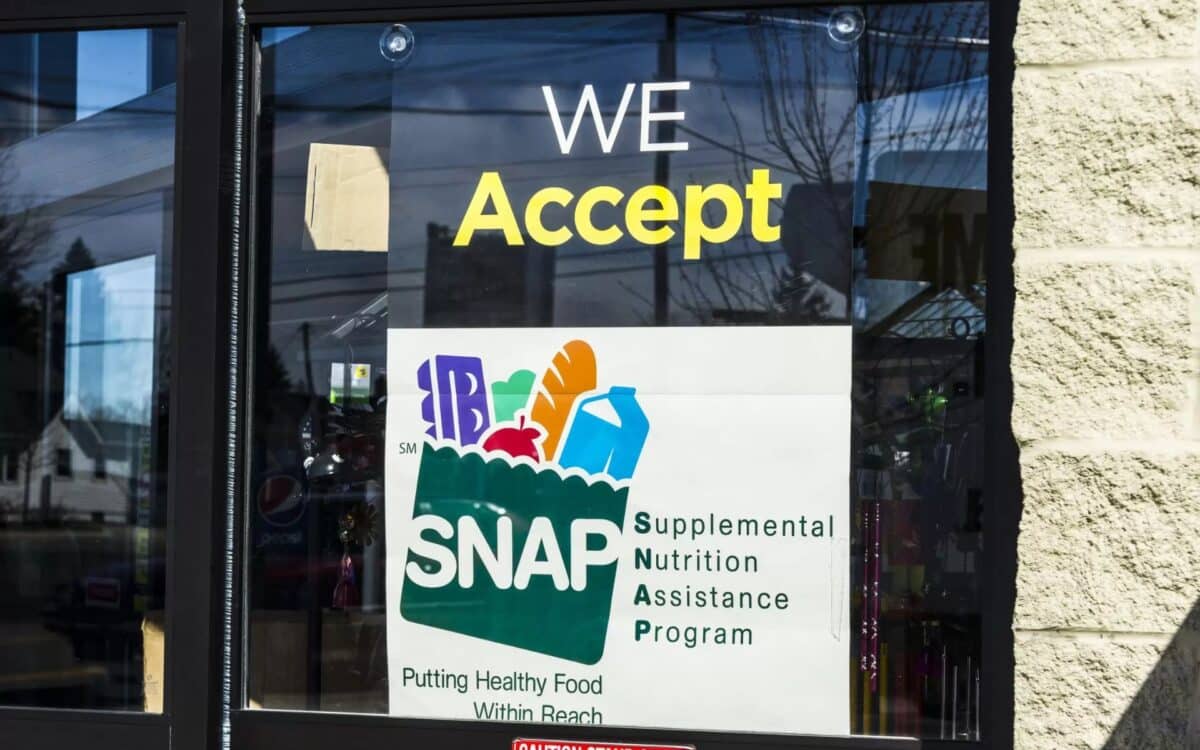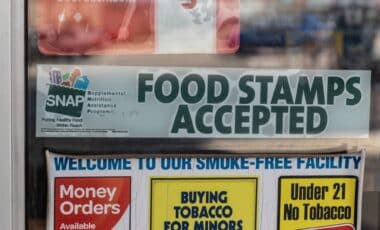Nebraska Governor Jim Pillen has vetoed a legislative measure aimed at expanding access to Supplemental Nutrition Assistance Program (SNAP) benefits for individuals with felony drug convictions.
The move marks a pivotal moment in the state’s approach to social support and criminal justice, reflecting long-standing tensions between punishment and rehabilitation. Citing concerns over eligibility standards and treatment requirements, the governor’s decision has drawn responses from lawmakers, community advocates, and policy observers.
According to Newsweek, the bill had garnered notable legislative support before being blocked, adding further weight to the ongoing debate within the Cornhusker State over how SNAP should be administered and who should benefit.
Federal Ban and State-Level Autonomy
Under federal law, individuals with drug-related felony convictions are subject to a lifetime ban from accessing SNAP, commonly referred to as food stamps. This rule can be bypassed by states, and currently, 28 states have opted to remove the ban entirely.
While SNAP is federally funded, it is administered at the state level, giving states flexibility in determining eligibility rules. In Nebraska, SNAP serves approximately 155,000 residents, or about 8% of the population.
Nebraska’s Current and Proposed Rules
Under existing Nebraska law, individuals with fewer than three felony drug convictions can access SNAP if they complete a licensed and accredited substance abuse treatment program.
Legislative Bill 319 (LB 319), passed by the Nebraska Legislature on May 14 with a 32–17 vote, proposed expanding eligibility further.
It would have allowed those with three or more convictions to qualify, provided they had completed treatment following their most recent offense. Additionally, individuals could be exempted from treatment if a healthcare provider determined it was not needed.
Governor Pillen’s Objections
Governor Pillen vetoed LB 319 the same day it passed the Legislature. In his veto letter, he stated the bill would:
Further expand SNAP eligibility to convicted drug dealers and remove the requirement of substance abuse treatment for individuals with one or two felony convictions for possession or use of a controlled substance.
He also wrote:
It also contains loopholes that could allow habitual offenders with three or more felony convictions to evade the requirement of substance abuse treatment.
Pillen concluded:
Individuals that distribute or sell illicit drugs should not be entitled to taxpayer-funded benefits. Any illegal drug users should be required to complete treatment before they receive their third felony conviction. It is for these reasons that I have decided to veto LB 319.
Contrasting Views in the Legislature
Democratic Senator Victor Rountree, who introduced the bill, emphasized the role of SNAP in reintegration efforts:
SNAP is an opportunity for them to reenter, get back on their feet, and I don’t believe that people want to stay on SNAP forever, as many times the story is written that way.
Supporters of the bill framed it as a pragmatic response to recidivism and economic hardship rather than a softening on crime.
Voices From the Community
Among the bill’s advocates was Derrick Martinez, a Nebraskan with prior drug convictions. Speaking to the Nebraska Examiner, he explained:
This moves the needle in a positive direction for not just me but for our state as it works to reduce recidivism. This means less of a struggle, less anxiety, less pressure overall for myself and for others who have been banned from SNAP because of past convictions.
His comments reflect broader concerns among formerly incarcerated individuals about access to basic necessities and the role such assistance plays in long-term reintegration.









